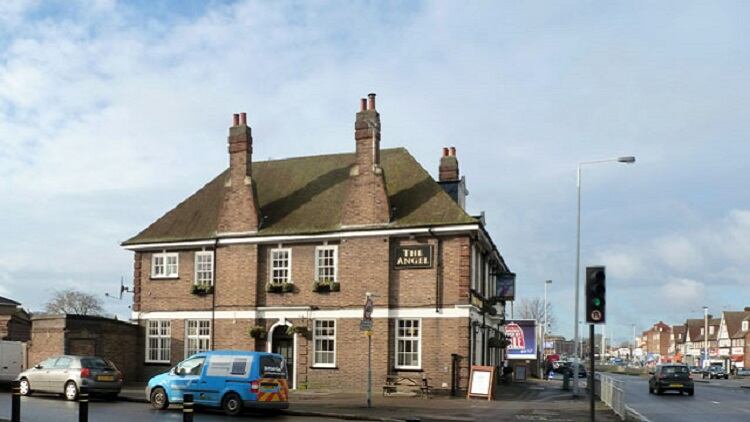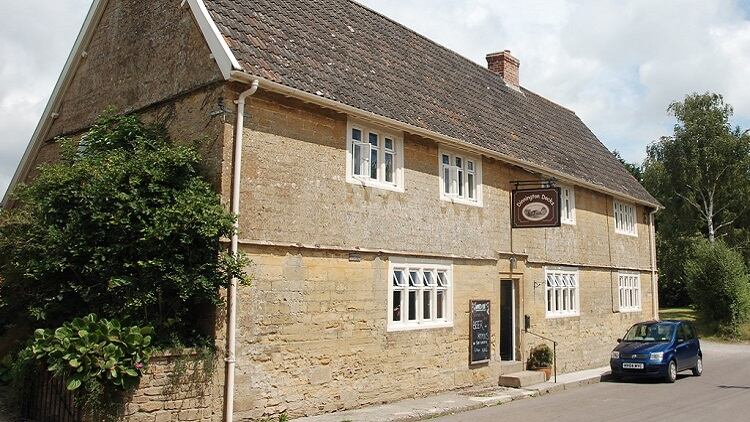First and foremost, Savills licensed leisure director Dan Mackernan states that setting aside enough time to prepare for rent review negotiations is vital for licensees as their tenure draws to a potential close.
“The key thing is to start early and read your lease details properly,” says Mackernan. “Time is of the essence.
“As an operator, you know when the rent review is so aim to open negotiations six months in advance. This should help you avoid having to pay a backdated increase in rent. It is sensible to seek advice and seek it early.
“Also be aware that many lease factors will affect rent, for example, repairing liability, user clause, review pattern, lease length, whether
it is inside or outside the Licensing Act and trading tie.
“Research comparable evidence and get as much detail as you can.”
Researching costs
For pubs looking to compare their existing outgoings against industry standards ahead of a rent review, there are a number of documents and resources at their disposal.
For example, the British Beer & Pub Association’s (BBPA) Running a Pub benchmarking guide to costs for tied tenants and lessees highlights both the average and range of costs involved in running a pub across a selection of nine different models, from small community local pubs to town centre pubs and bars.
These typical operating costs in the UK industry are compiled from BBPA member companies such as Punch, Fuller’s, Ei Group and Admiral Taverns and can help an operator put their business into industry context ahead of a rent review.
Draw red lines
Paul Thompson, partner and property finance specialist at Acorn Finance, adds that on top of considering professional guidance in conducting rent negotiations and meticulous organising of your own accounts, establishing red lines is an important part of negotiation prep.
“I think approaching a rent review should be the same as approaching any other financial transaction because rent is one of the biggest outgoings for most leased or tenanted pubs.
“Firstly, expert help should be taken from a professional surveyor to act on your behalf.
“Secondly, you should ensure you have all the information to hand that could be required for the rent review, including your own accounts, purchase invoices, stock statements, etc so you have a full understanding of your business before somebody from outside can try to look at it to see what you can afford to pay.
“Try to understand before you start negotiations what your red lines would be and what you would expect the pub company or landlord to be looking for in terms of rent.
“If you know what their aim is going to be then potentially you’ll be able to get a better deal and also understand both your and their income streams.”
Considering MRO
Thompson adds that it is important to consider the potential profitability of your pub and how opening market-rent-only (MRO) option proceedings could make a difference.
“If you’re operating under a tie, your profitability is so much lower then a free-of-tie house so considering the MRO could be worthwhile for you, especially if you have large sales of tied products such as beers, ciders and maybe wines,” says Thompson.
“If that’s not an important part of your business, taking the MRO may not save you very much money in increasing the rent and free you from the tie and may actually not be worthwhile.
“Overall, when going into your rent review consider all the options but don’t discount any of them.
“The biggest takeaway regarding rent reviews would be to get professional help and advice. A good surveyor will be worth his weight in gold and should be able to save you a significant amount of money.”
The PIRRS system
If negotiations do reach an impasse, tenants have the sole right to refer a case to the Pubs Independent Rent Review Scheme (PIRRS).
A PIRRS expert, selected by the tenant from the PIRRS panel, offers an accessible, low-cost, rent review resolution service and will, ultimately, decide what the rent will be if an agreement can’t be reached.
The cost of this service to a tenant is between £1,000 and £2,000 dependent on the size of the case and the pub’s location.
To find out more about pubs for sale, lease and tenancy visit our property site.




